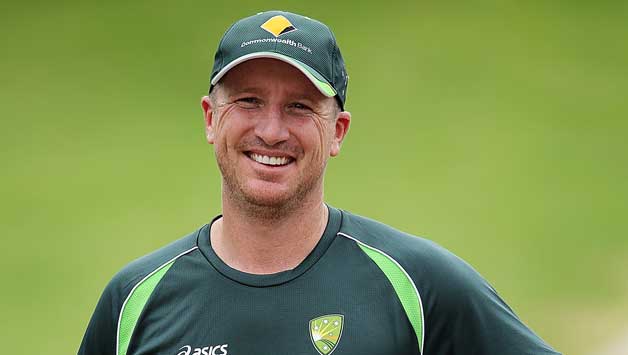
Cricket Country Staff
Editorial team of CricketCountry.
Written by Cricket Country Staff
Published: Jan 13, 2016, 11:53 PM (IST)
Edited: Jan 13, 2016, 11:53 PM (IST)


Brad Haddin, former Australian wicketkeeper-batsman believes privatisation of Big Bash League (BBL) is in favour of the game. Haddin was quoted by Sydney Morning Herald speaking to Sky Sports Radio, “If we can get a couple of those Indian buyers interested in some of our franchises it can only benefit Australian cricket. I think Cricket Australia have done a wonderful job in the course of the Big Bash to get it to this point and have a product that we can sell in the open market. It will be interesting to see what happens with that because I think the Big Bash is only going from strength to strength.” Brad Haddin: India do not want DRS; have to live with bad umpiring decisions
Greg Dyer, Australian Cricketers Association President echoed Haddin’s words, “I would encourage either a complete privatisation or a partial privatisation of the franchises. It potentially throws off a massive amount of capital … I say that number can be invested back into the primary sport of cricket. You use it to develop the women’s game, you use it to further develop the men’s game from the grassroots up and you use a substantial portion of it to solidify Test and Sheffield Shield cricket, which is what your primary purpose should be. Big Bash and T20 will either be the death or saving of Test cricket and the longer forms.” READ: Nasty Brad Haddin reveals damning secret of infamous tweet from Cricket Australia account during Ashes 2013
“You can imagine having privatised teams and those owners, whether they have 49 per cent or more, want to take profit from that. You can imagine if you had wealthy owners with a stake in a competition who had different views, how that might compromise what you’re doing to help protect international cricket.”
This website uses cookies so that we can provide you with the best user experience possible. Cookie information is stored in your browser and performs functions such as recognising you when you return to our website and helping our team to understand which sections of the website you find most interesting and useful.
Strictly Necessary Cookie should be enabled at all times so that we can save your preferences for cookie settings.
If you disable this cookie, we will not be able to save your preferences. This means that every time you visit this website you will need to enable or disable cookies again.
